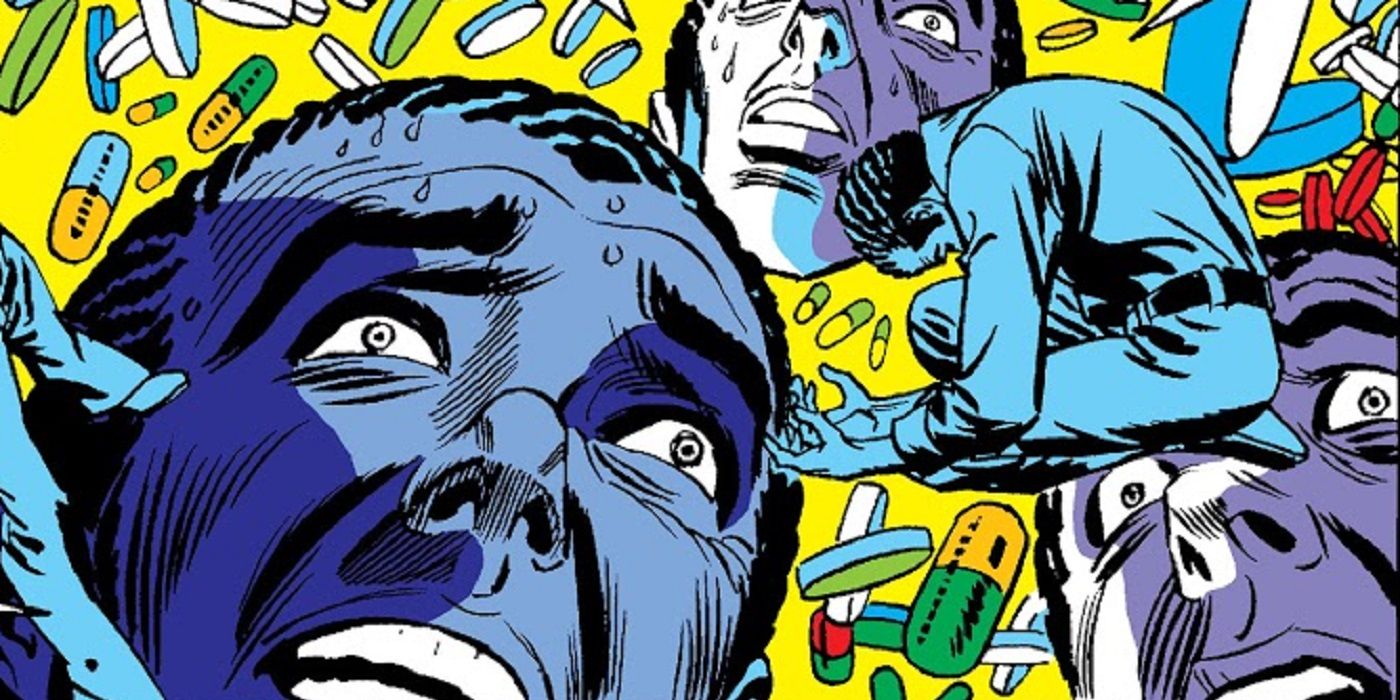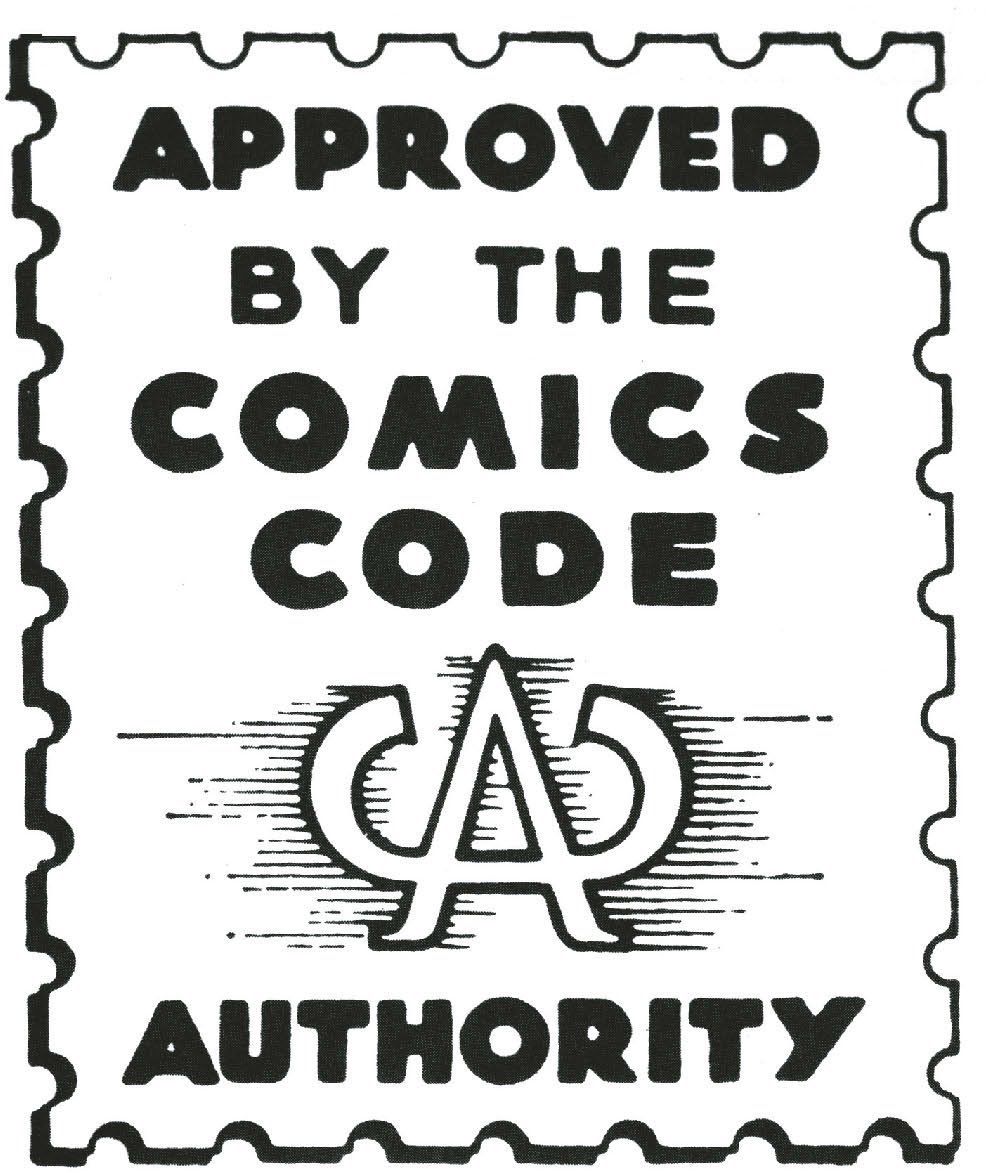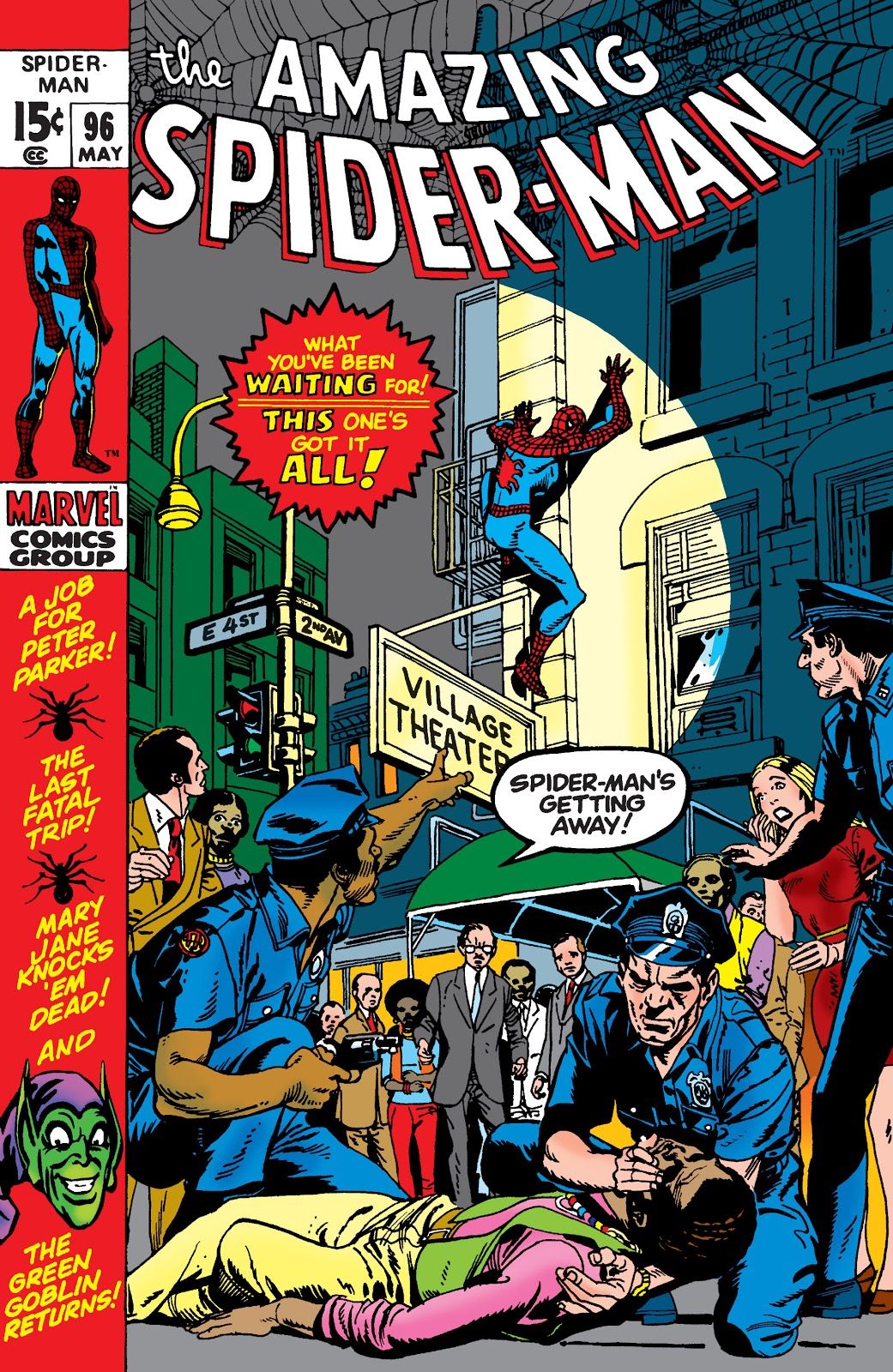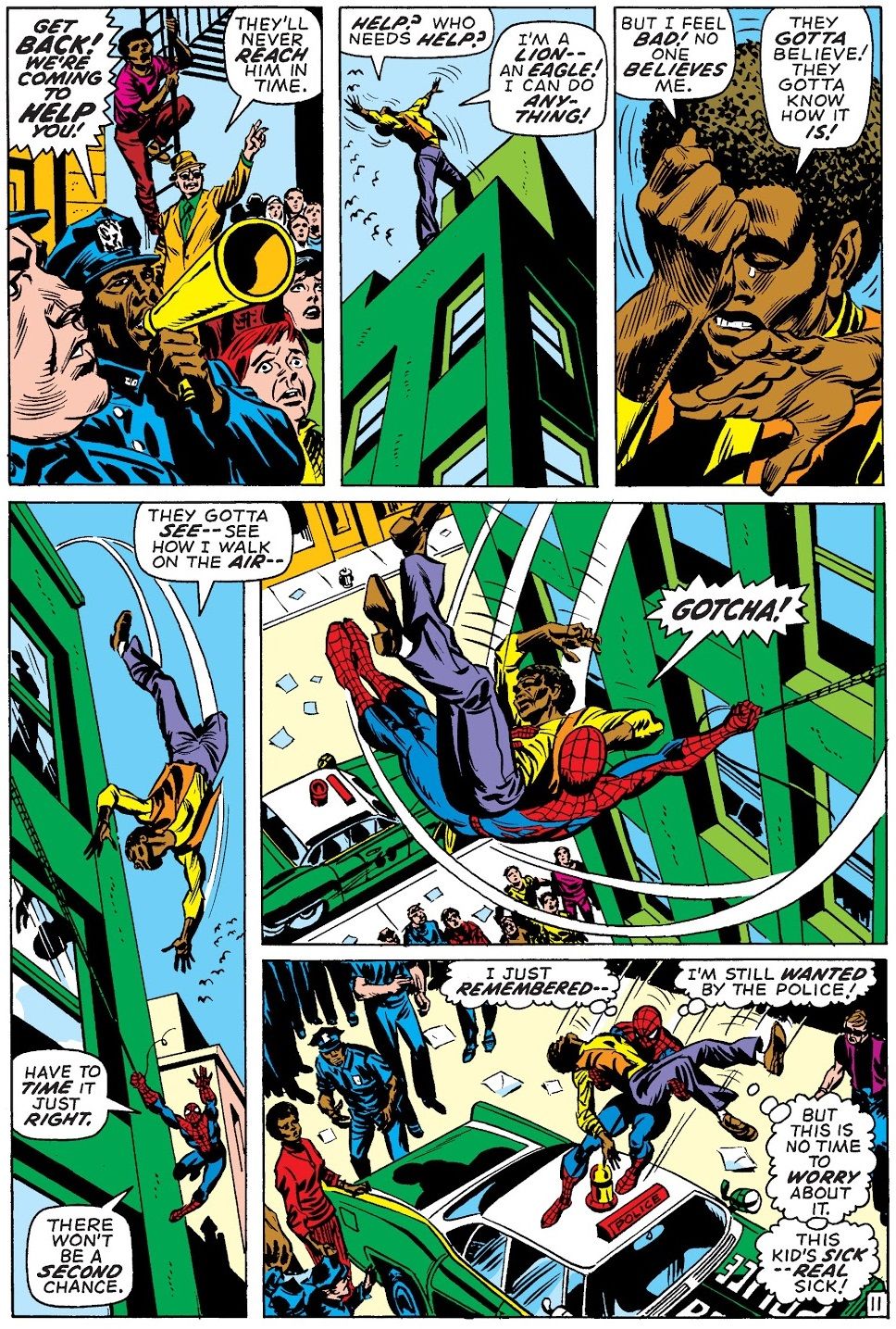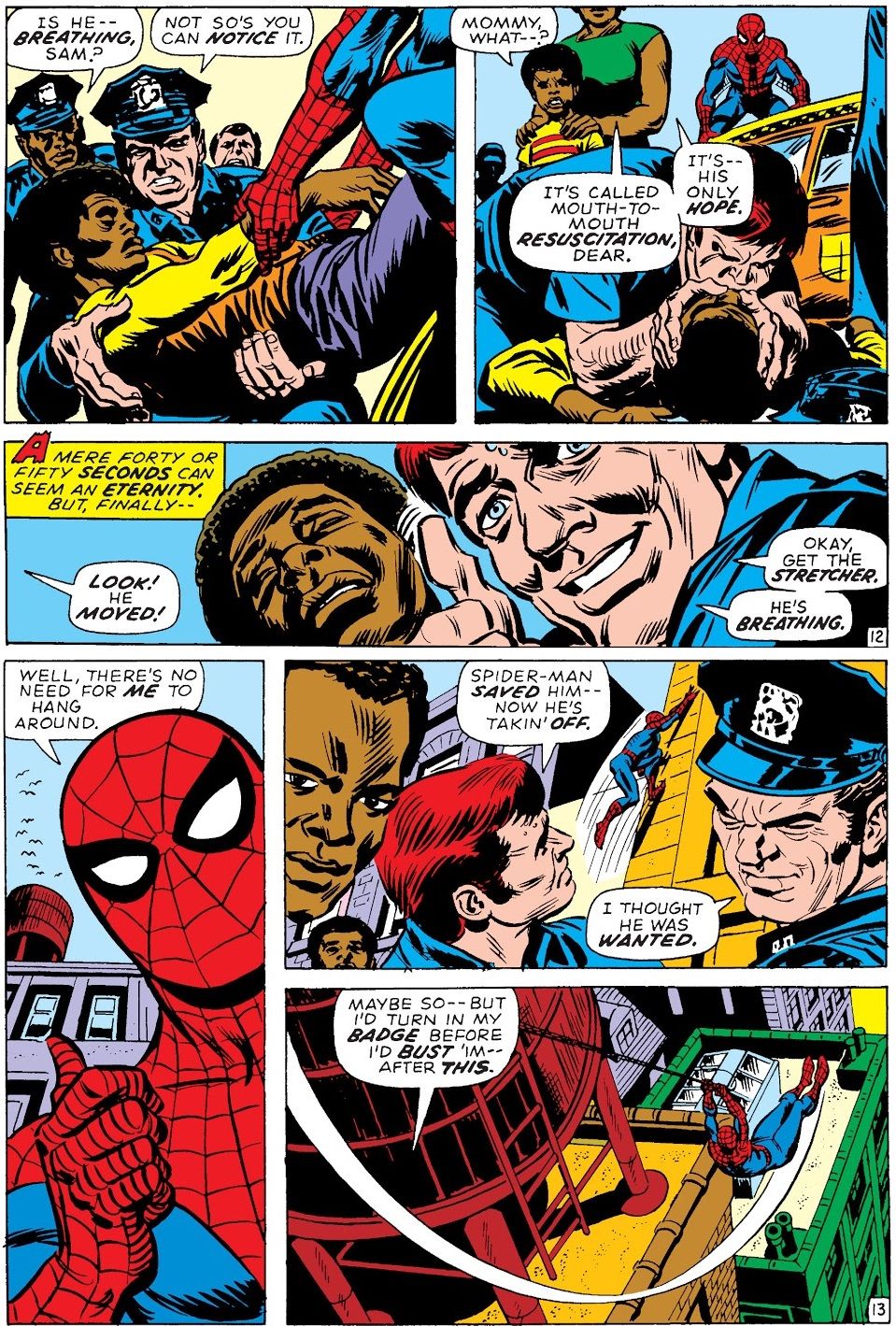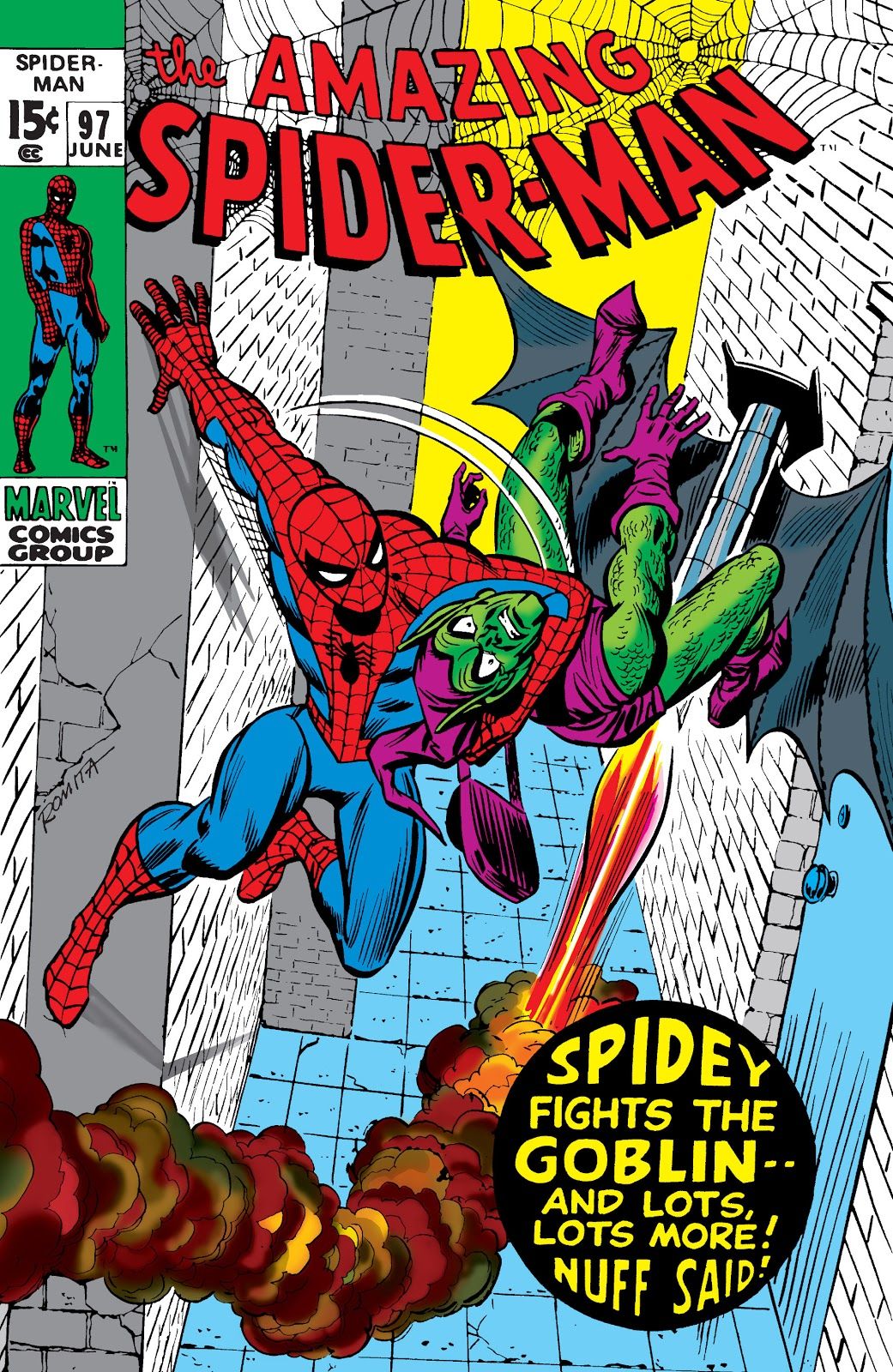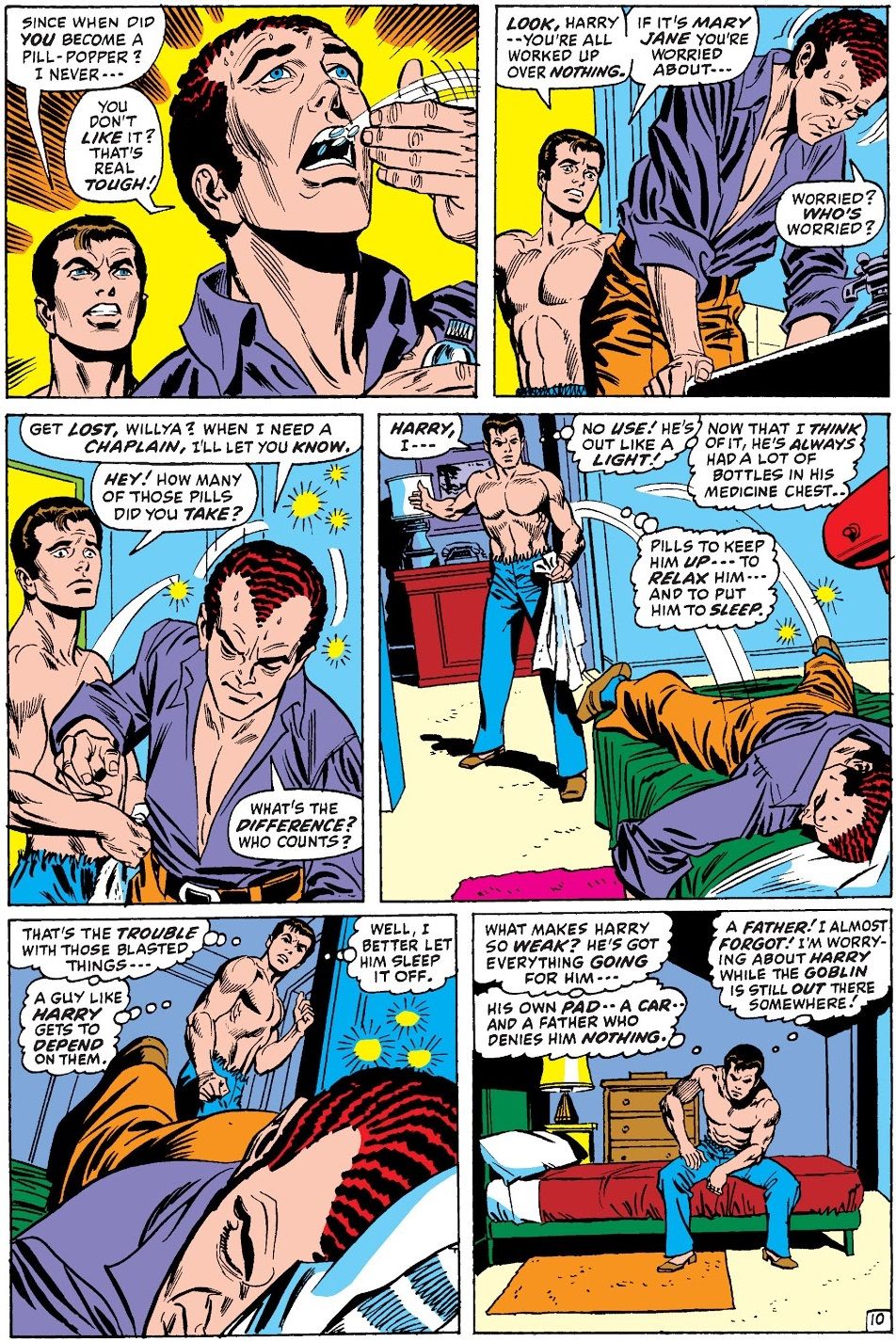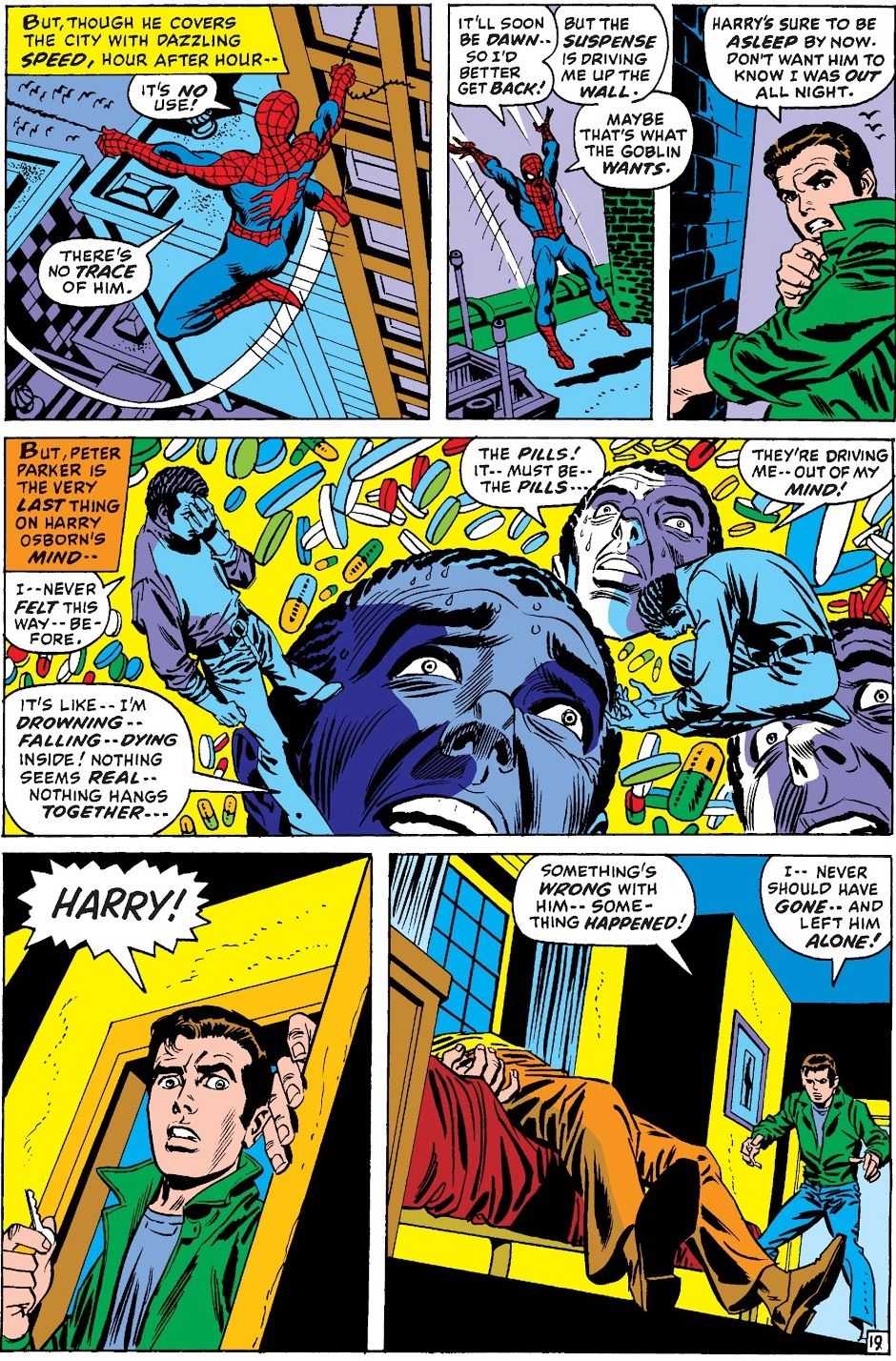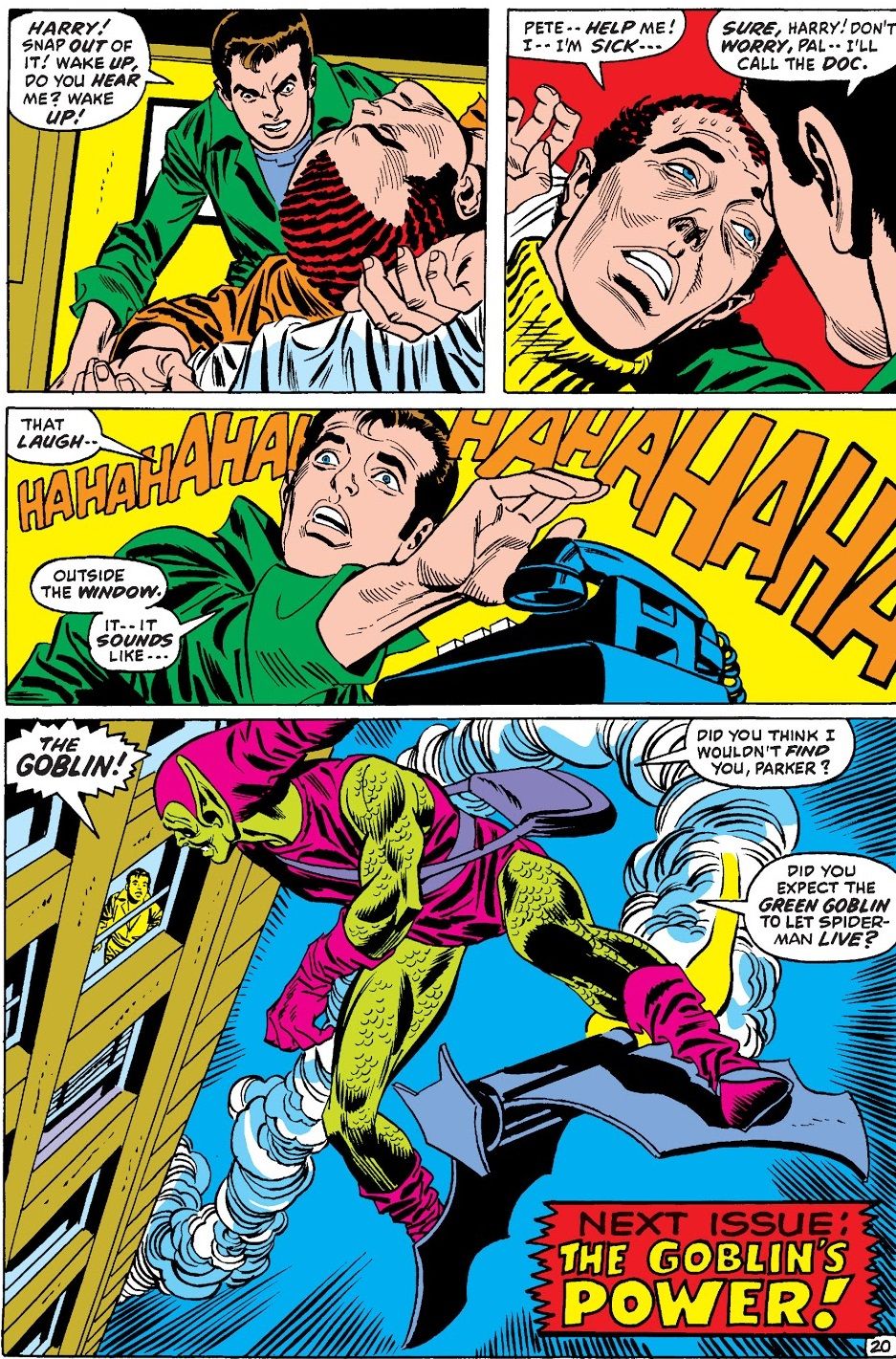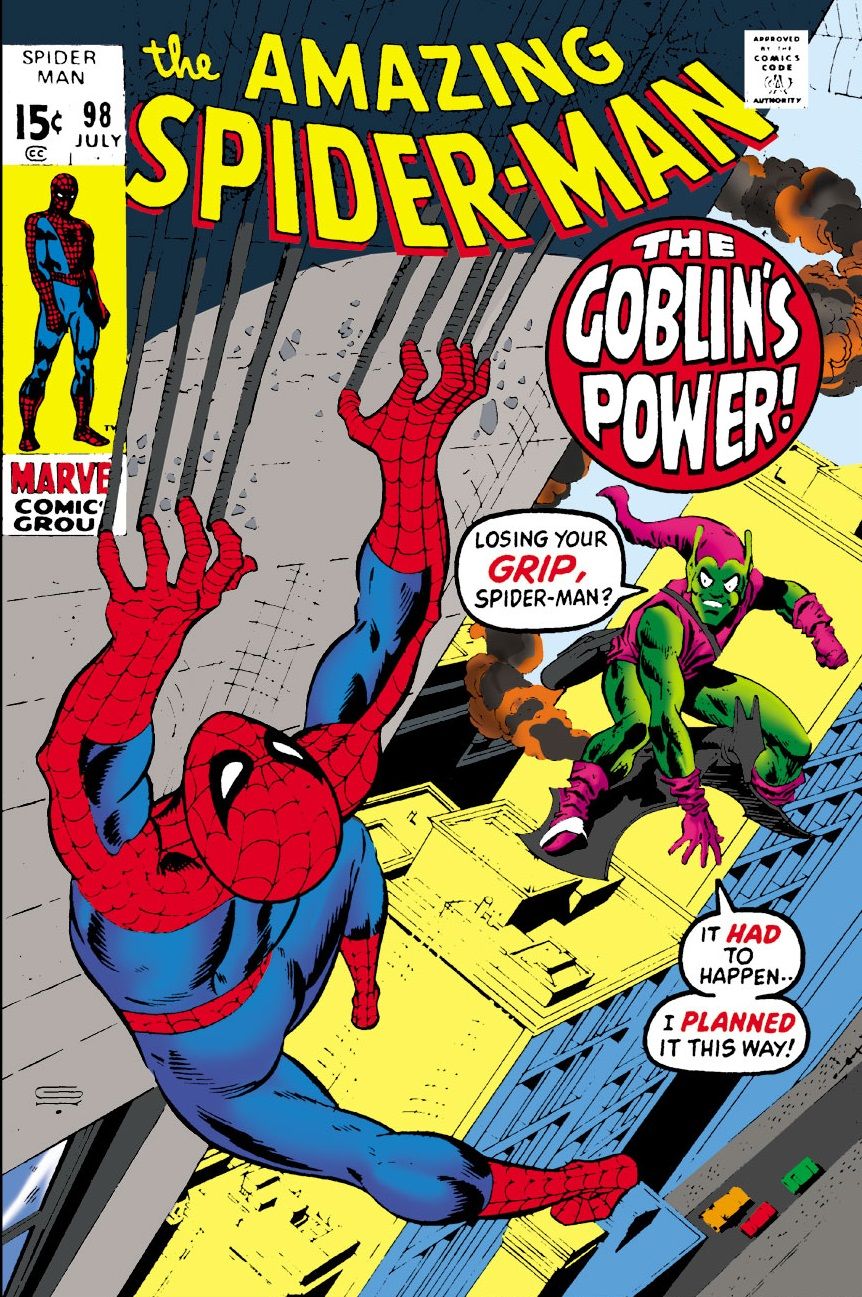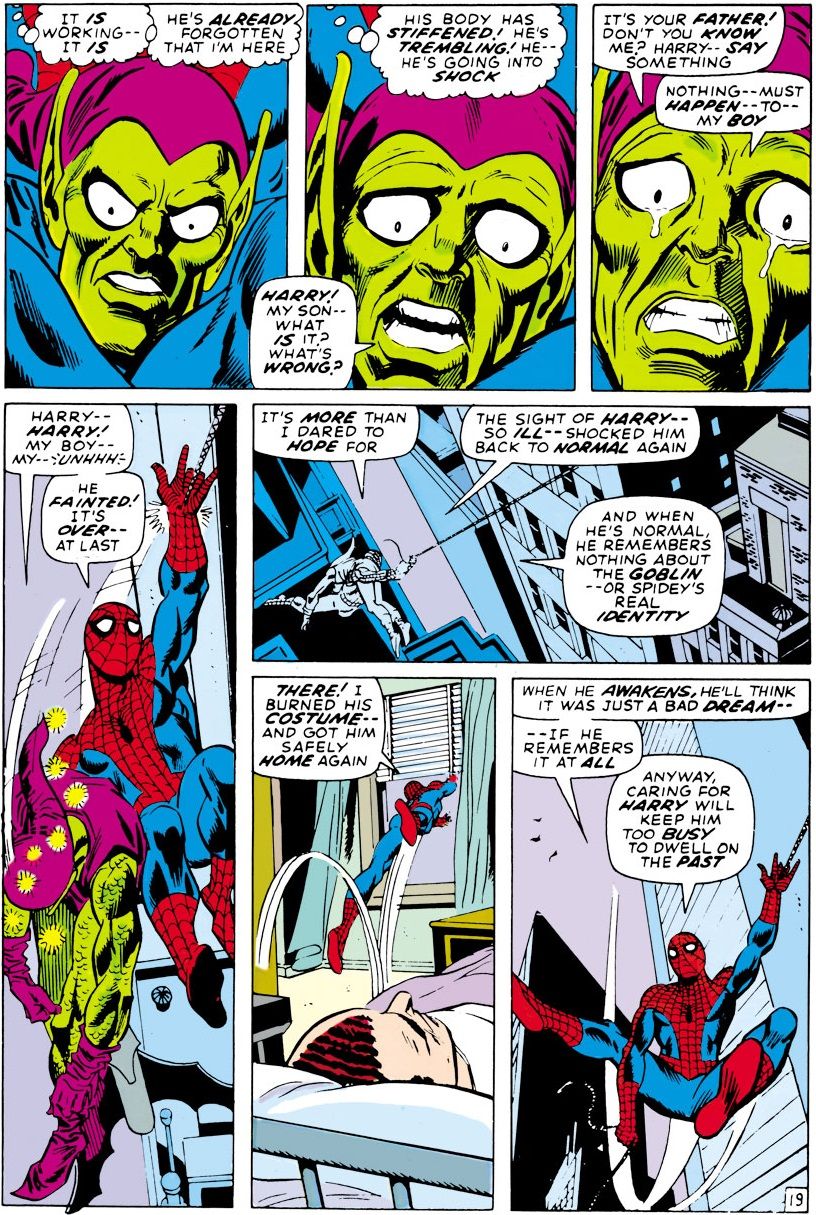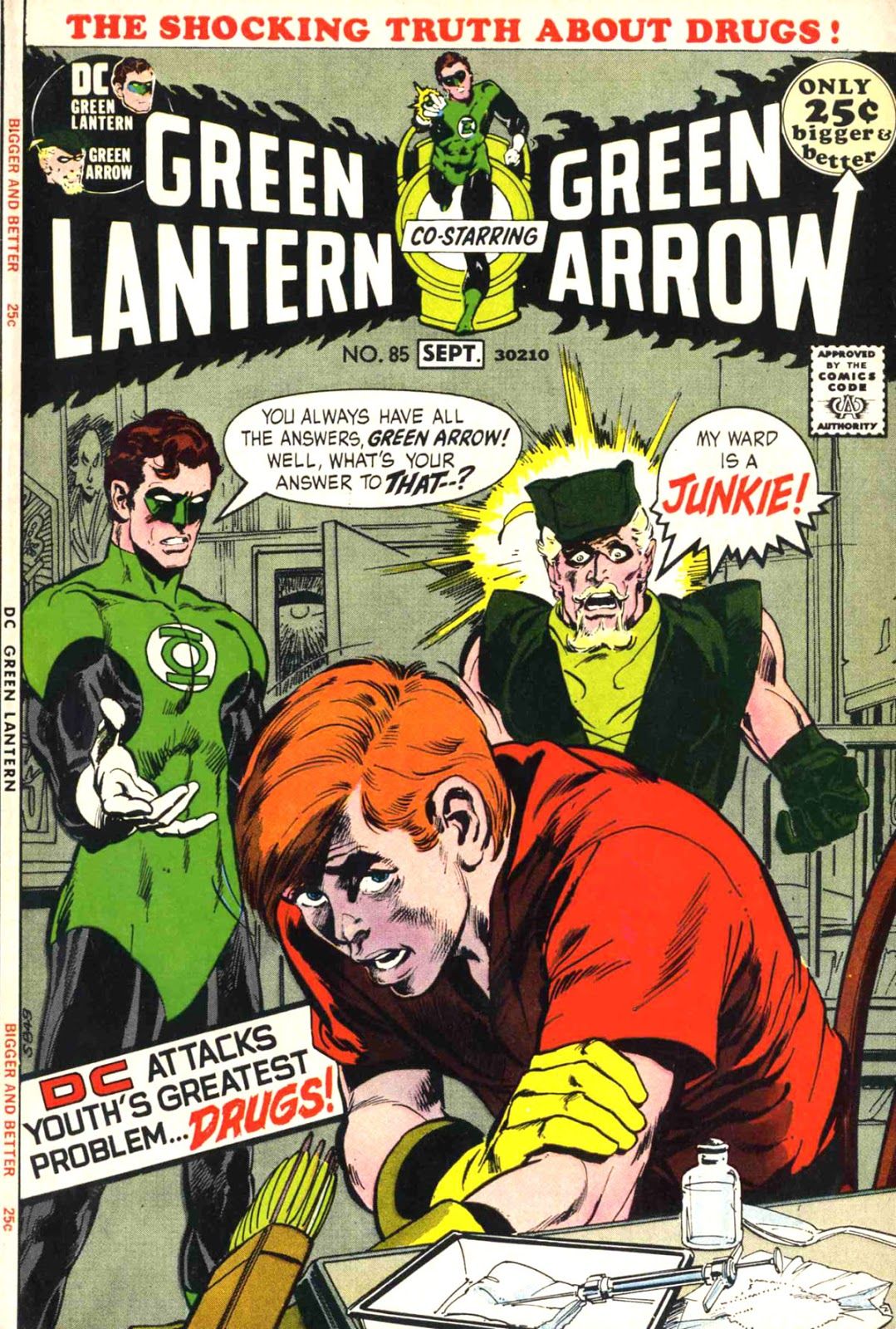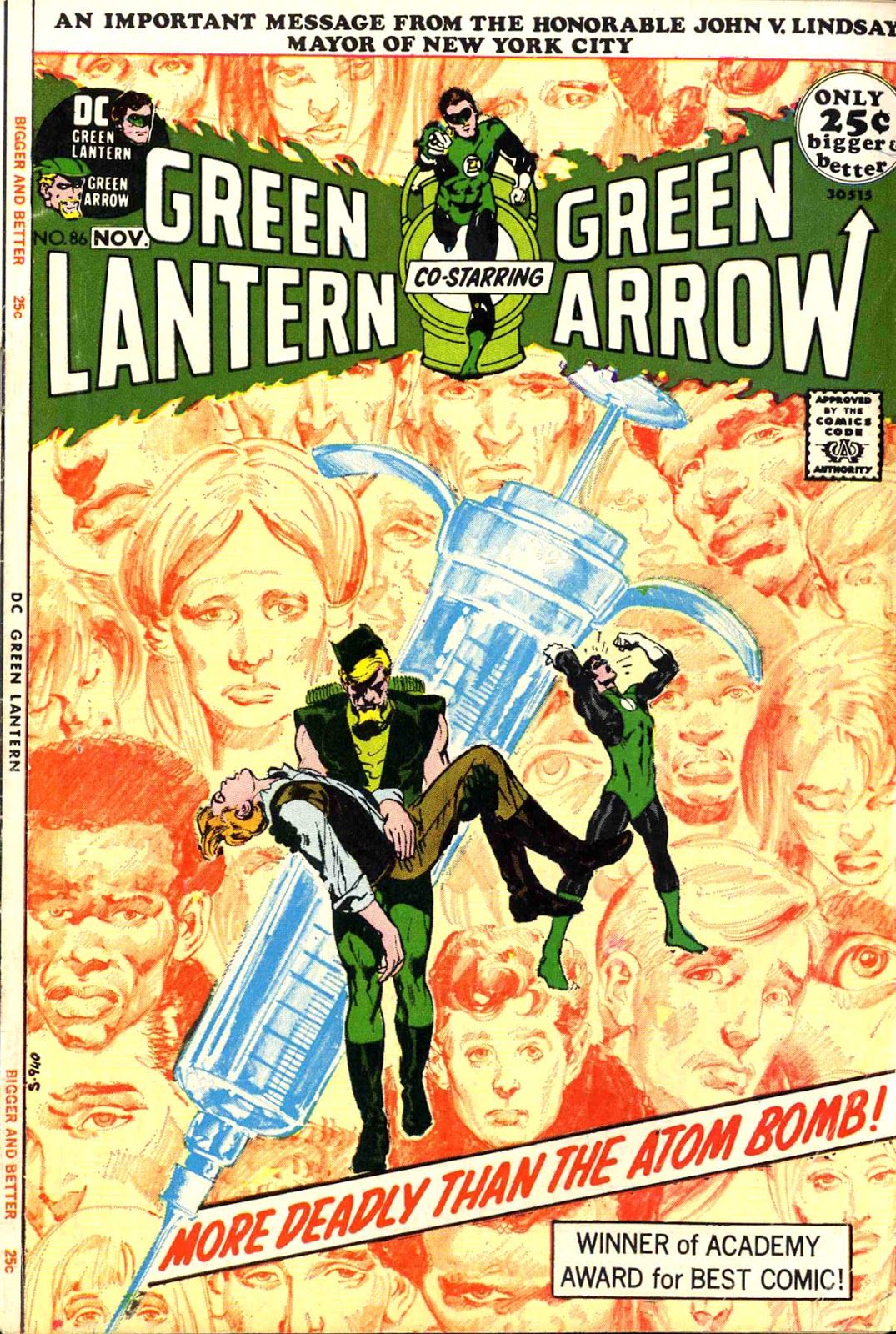I will continue to celebrate Stan Lee's legacy in comic books (and more) with this series, The Life and Times of Stan Lee.
Last time out, I wrote about Stan Lee's recurring defense of Marvel Comics and comics in general from the attacks on the medium from Fredric Wertham, a psychiatrist who believed that comic books had a negative effect on juveniles. The hysteria created by Wertham ultimately led to the creation of the Comics Code Authority. Lee continued to speak out for what he believed in, though, which led to a major overhaul of the Comics Code after Lee boldly chose to forgo Code Approval on a comic book storyline in 1971.
RELATED: When Stan Lee Protested Fredric Wertham's Anti-Comics Viewpoint
In general, Lee found the views of Wertham and the people out there that agreed with Wertham to be quite contemptible. In his auto-biography, Lee noted:
To me, Wertham was a fanatic, pure and simple. I used to debate with him, which was fun because I usually won - but that was rarely publicized. He once claimed he did a survey that demonstrated that most of the kids in reform schools were comicbook readers. So I said to him, "If you do another survey, you'll find that most of the kids who drink milk are comicbook readers. Should we ban milk?" His arguments were patently sophistic, and there I'm being charitable but he was a psychiatrist so people listened.
However, the fact of the matter was that the general public...if not AGREED with Wertham, exactly, at least believed that there was enough smoke around the situation to believe that there likely was some sort of fire.
Thus, in 1954, The Comics Code Authority was created and most of the major comic book publishers of the time joined up as members of the group. Their books would be subjected to review by the CCA and then, if they were approved, their books would carry the infamous Comics Code Seal of Approval...
Generally speaking, if you wanted to be distributed nationally as a comic book, you had to have that code on your cover. Of course, there was a major exception in that Dell, one of the biggest companies around, who had their own distribution company, avoided joining the CCA by essentially stating that their books were so clean that they didn't even need to adhere to some outside code and since Dell mostly did Disney comic books, the general public was cool with that approach ("Yeah, I'm thinking this Donald Duck comic book probably isn't going to be objectionable for little kids").
Here's the interesting thing about the original Code. There actually isn't a provision in there that bans the depiction of drugs.
Said banning was handled under the general clause here:
All elements or techniques not specifically mentioned herein, but which are contrary to the spirit and intent of the code, and are considered violations of good taste or decency, shall be prohibited.
Of course, though, drugs WERE shown in Comics Code approved comic books, like the first appearance of Deadman in Strange Adventures #205, where the bad guys are drug dealers. However, that is a far cry from doing a comic book specifically ABOUT drugs. It was clear that that was not going to cut it with the Comics Code.
This irritated Stan Lee.
But then a funny thing happened in 1970...the Nixon Administration made their move!
Page 2: [valnet-url-page page=2 paginated=0 text='A government request!']
The Nixon Adminstration's United States Department of Health, Education and Welfare asked Stan Lee if he would be willing to do an anti-drug storyline in one of his more popular Marvel Comics titles. Lee asked the Comics Code for permission in late 1970 and they turned him down. However, his request led to the Comics Code begin to debate about making changes to the Code. The changes were likely going to go into effect some time in mid-1971. Lee did not want to wait that long.
RELATED: How Stan Lee Became Synonymous With The 'Marvel Method'
So Lee just released the proposed storyline without Code Approval. There is Amazing Spider-Man #96's cover, all Code-less...
The first issue sees Spider-Man saving a kid's life who tries to kill himself while high...
The second issue, though, makes the story more personal...
Peter Parker's roommate, Harry Osborn, can't get over the fact that Mary Jane Watson isn't as into him as he is into her, so he starts buying illegal pills...
Meanwhile, Harry's dad, Norman Osborn, has realized that he is actually the Green Goblin (he kept getting amnesia and he would forget his Goblin identity).
Peter comes home and finds out that Harry has overdosed and while Peter is dealing with him, the newly reborn Green Goblin shows up!
The final issue has Spider-Man fight Green Goblin and get Harry to the hospital...
In the end, Spider-Man stops the Green Goblin by forcing him to see his son in the hospital, overdosed...
The funny thing is that Stan Lee really didn't have much of an objection to the Comics Code as a whole, as Marvel rarely did anything that would ever be deemed objectionable. So Marvel actually went to the Code and apologized for their stunt and promised never to do it again.
In an interview with Roy Thomas, Stan Lee explained the Code reaction to Marvel's stunt...
Roy: Do you think that there were any bad feelings on the part of the Code over the Spider-Man drug issues?
Stan: That was the only big issue that we had. I could understand them; they were like lawyers, people who take things literally and technically. The Code mentioned that you mustn't mention drugs and, according to their rules, they were right. So I didn't even get mad at them then. I said, "Screw it" and just took the Code seal off for those three issues. Then we went back to the Code again. I never thought about the Code when I was writing a story, because basically I never wanted to do anything that was to my mind too violent or too sexy. I was aware that young people were reading these books, and had there not been a Code, I don't think that I would have done the stories any differently.
DC Comics was actually more pissed than anyone else, as Carmine Infantino (DC's Executive Editor) was waiting for the new Code to go into effect so that DC could do their OWN anti-drugs story, and they were irked that Marvel just went out and did theirs without Code approval. DC's came out later in 1971, with Green Arrow dealing with his sidekick, Speedy, becoming addicted to heroin...
So it wasn't really a case of the Code changing specifically because Marvel had success with a Code-less book, but more that Lee even PUSHING for it led to the changes in the Code. Either way, though, Lee deserves credit for the relaxation of the Comics Code, which would go over one last major overhaul in the late 1980s.
Thanks to Twitter user "Morgan Edge" for the suggestion. I'm sure the rest of you all have a lot of things that you'd like to see me cover regarding Stan Lee, so if you have any ideas, drop me a line at brianc@cbr.com

